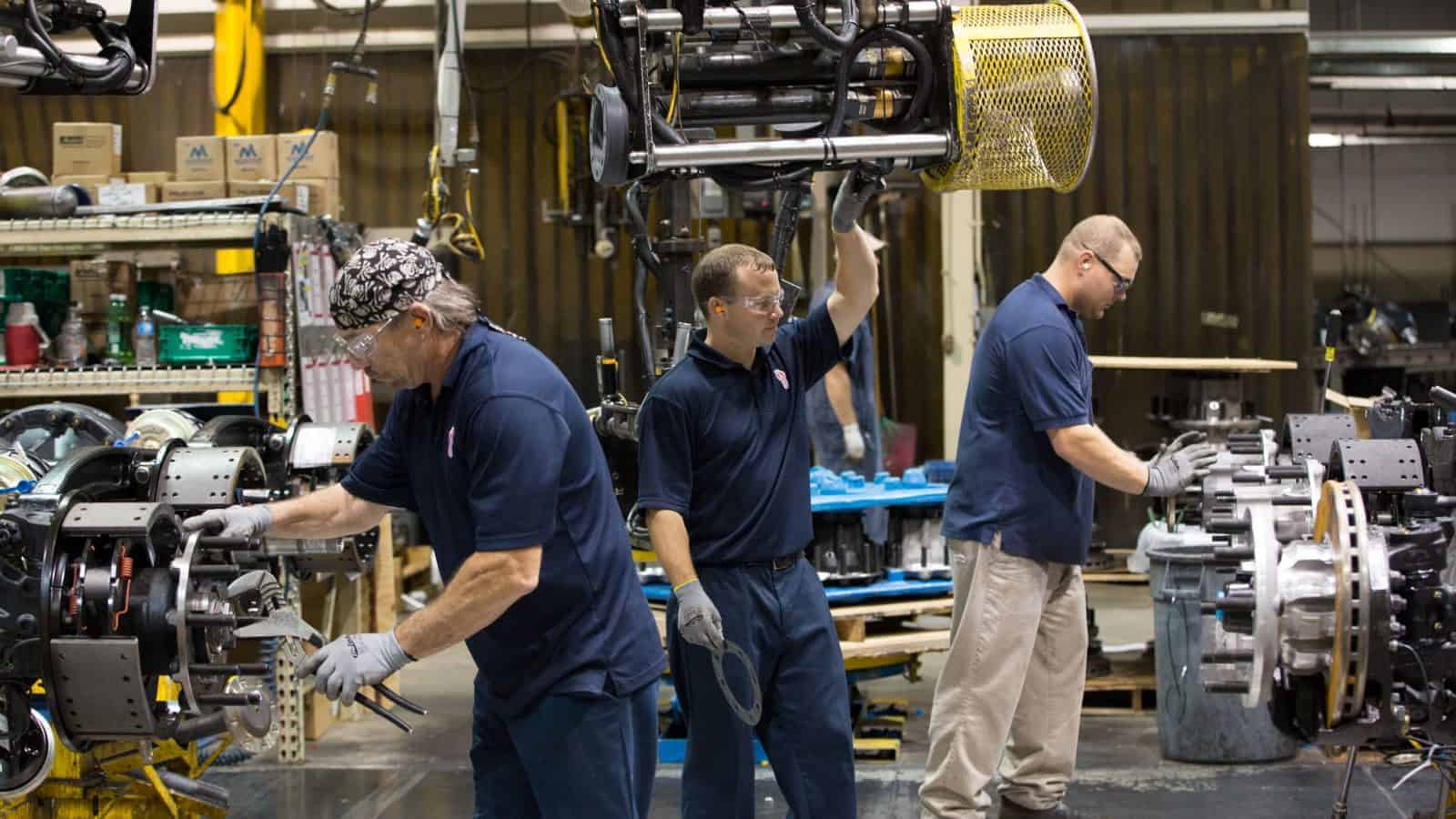Three Diversity Chiefs Share Insights

Manufacturers are looking to make their workplaces more diverse and inclusive—but what steps should they take? Following the murder of George Floyd and subsequent protests, many companies have supported the NAM’s own Pledge for Action, an agenda for advancing justice, equality and opportunity for Black people and all people of color.
As part of its Diversity and Inclusion pillar, The Manufacturing Institute has begun hosting roundtables, drawing on the expertise of D&I chiefs from across a wide range of companies. Below is a brief recap of a recent event.
The panel: Speakers included AAON Community Relations Director Stephanie Cameron, Dow Senior HR Director of Talent Acquisition/Pipelines and Corporate Director of Inclusion Alveda Williams and Trane Technologies Chief Diversity Officer and Vice President of Talent Management Michelle Murphy. Manufacturing Institute Executive Director Carolyn Lee moderated the conversation.
The panelists focused on helping those who are just beginning this conversation as well as those who are working to accelerate their current efforts. A few of the suggestions included the following:
- Don’t rely on programs. Williams noted that programs can be cancelled when budgets are cut or an unforeseen situation arises. Instead, manufacturers should find ways to make D&I a part of their identity, ensuring that their work in the area won’t be scaled back or discarded.
- Emphasize inclusion. Inclusion drives innovation, productivity and team engagement, Cameron pointed out. While diversity can be considered a collection of unique differences, Williams added, you can’t capitalize on those differences unless you value inclusion. Achieving diversity is about the workforce, but inclusion is about the workplace, and creating a culture and environment that emphasizes a sense of belonging.
- Embrace change. Murphy emphasized that companies must be agile and adaptable not only to keep up with workplace changes, but also to promote positivity and lead with their values.
The conversation also included some concrete practices and initiatives, including:
- Companywide virtual conversations about issues like race, gender and LGBT inclusion to encourage learning and discussion;
- Internal leadership development programs to ensure that diverse leaders have opportunities to move up within the company, which might include English and Spanish courses on-site; and
- Employee resource groups and inclusion resource groups that bring forward ideas from diverse employees and allies to move the company forward.
The business case: Strengthening D&I isn’t just the right thing to do, participants said; it’s also the smart thing to do. Inclusion drives engagement, and engaged employees are more productive—making inclusive workplaces better for a business’s bottom line.
You can access a recording of the full conversation here.
